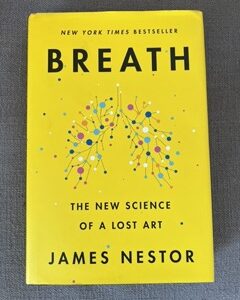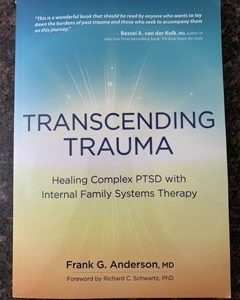- Sexual Abuse
- Neglect
- Psychological abuse
- Emotional abuse
- Treat of abuse: intimidation, controlling, domineering
- Physical aggression or assault: hitting, kicking, biting, shoving, restraining, slapping, and throwing objects
- Verbal abuse: withholding, bullying, defaming, defining, trivializing, harassing, diverting, interrogating, accusing, blaming, blocking, countering, lying, berating, taunting, put downs, abuse disguised as a joke, discounting, threatening, name-calling, yelling and raging
- Mental Maltreatment
- Financial abuse: intimidation, controlling, domineering
Often in adult-couple relationships abuse is difficult to recognize. The abuse often is done in private, where the partner of the abuser is the only one that hears it or experiences it. The abuse often intensifies over time so the partner that is being abused becomes used to and adaptive to the treatment. Abuse takes on many forms and is often supported within our culture and our community. You can get help and support if you are currently in an abusive relationship or seeking to heal and get support after leaving an abusive relationship. Being in a short or long-term abusive relationship can have an impact on one’s self-esteem, sense of safety, wellbeing, and sense that they can trust themselves and others.
Resources:
Books: Trauma and Abuse
Patricia Evans: www.verbalabuse.com
Contact Us Today!
If you are interested in setting up a session with Dr. Davis, please call today at 303-919-4149. You may also send an email using the form below. Dr. Davis will try to respond to your email as soon as she is able during weekdays. If you have not heard from her, please check your spam folder to make sure you did not miss her reply.






